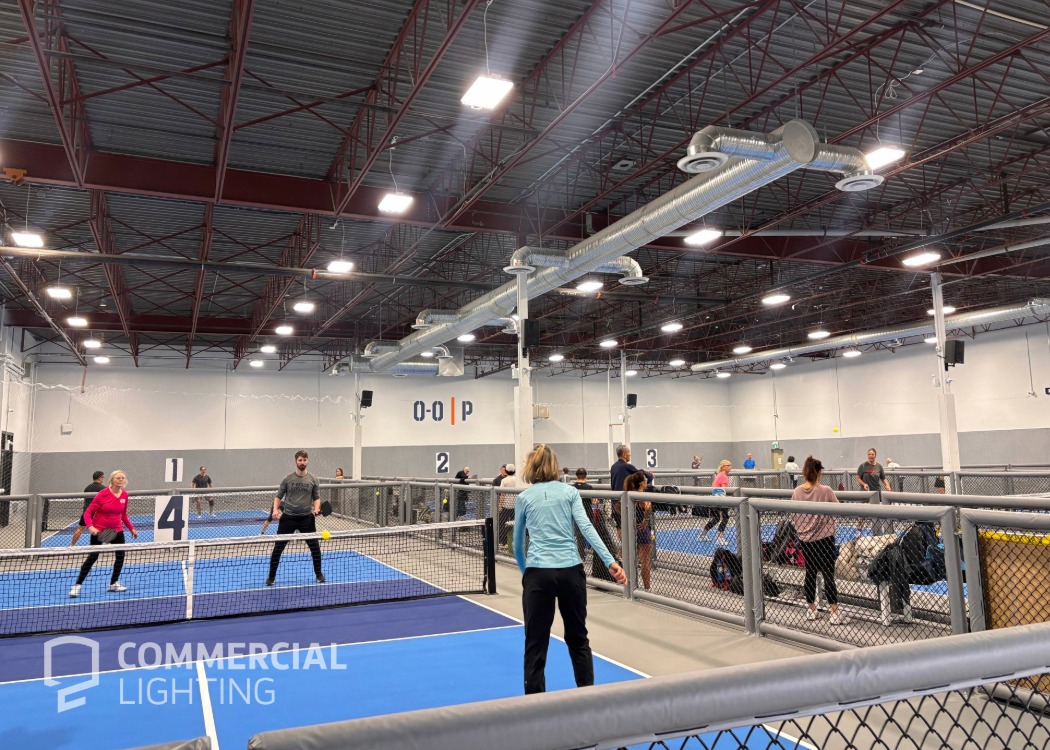Originally posted on the Government of Canada website
Today, as part of #EVWeekinCanada, Randeep Sarai, Member of Parliament for Surrey Centre, on behalf of the Honourable Seamus O’Regan Jr., Minister of Natural Resources, announced a combined investment of over $2.6 million to support cities across British Columbia with more options to drive cleaner, putting Canadians in the driver’s seat on the road to a net-zero future.
These contributions will help install 79 electric vehicle (EV) chargers and two hydrogen stations across the province to support Canada’s net-zero future.
- HTEC received $2 million to install two hydrogen refuelling stations, one in Victoria and one in Surrey.
- The City of Surrey received $150,000 for three EV fast chargers across the city. The Government of B.C., through its CleanBC Go Electric Program, is also contributing $75,000 toward this initiative. The total project cost is over $370,000.
- The Ownership Group of Central City received $99,900 to install 24 EV chargers at a parkade at Surrey’s Central City. The total project cost is over $250,000.
- First West Credit Union received more than $99,000 to install 20 EV chargers across Langley, B.C. First West Credit Union is contributing over $97,000 toward this initiative, bringing the total project cost to over $195,500.
- The City of Richmond received $340,000 to install 32 EV chargers across Richmond. The city is also contributing $900,000 toward this initiative, and the Government of B.C., through its CleanBC Go Electric Program, is also contributing $100,000, bringing the total project cost to $1,340,000.
Funded through Natural Resources Canada’s Electric Vehicle and Alternative Fuel Infrastructure Deployment Initiative and Zero-Emission Vehicle Infrastructure Program, all chargers will be available for public use between now and March 2023.
Since 2015, Canada has made a historic investment of over $1 billion so far to make EVs more affordable and charging infrastructure more locally accessible. These investments are building a coast-to-coast network of fast chargers and installing chargers in local areas where Canadians live, work and play.
The government also provides incentives of up to $5,000 to help Canadians buy EVs and full tax write-offs for businesses purchasing them.
These investments support Canada’s new mandatory target of 100-percent zero-emission light-duty vehicle sales by 2035.
Driving down transportation emissions is critical to achieving Canada’s ambitious climate change targets and requires a combination of investments and regulations to support Canadians and industry in this transition.
The government supports green infrastructure projects that create good, middle-class jobs and get us to net-zero emissions by 2050.






